One thing my almost 2-year old has come to really enjoy is throwing.
Naturally, when he throws sand and it lands in food or in someone’s personal space, it is not appreciated. Or when he throws dinner on the floor, I try to draw the line.
I have to teach him “right from wrong” and put my stern face on and say, “no,” but sometimes it doesn’t register.
And sometimes…it’s kind of really funny.
Now, I don’t want to be one of those parents who let their kids get away with anything, and I insist that my son will have manners and be respectful.
But sometimes I can’t help myself from laughing.
It’s like I’m in high school all over again, in the back of my chemistry class, physically unable to contain the laughter about whatever ridiculous note my friend and I wrote to each other. Or when I was at a church wedding when the most awkward of choir boys of all time opened up his mouth and had the loudest, most angelic voice, and the biggest mouth I had ever seen.
These situations are supposed to be serious and not funny, but in the moment, there is nothing more hysterical to me.
Much like when my little man does something “bad” despite being so damn cute.
Will I ever be able to discipline my son effectively?
The hardest thing for me about parenting this kid is not erupting into laughter when he does something that on another level really pisses me off! I seriously have to look away sometimes so I can laugh. My husband trying to hold back his laughter doesn’t help. The whole situation is just so ridiculous.
My background may be in psychology, but that doesn’t mean I’ve got this parenting thing down.
If any of you are parenting experts out there, feel free to write in and give ME some advice.
The question I’ll answer for YOU is:
What does my experience with my toddler teach us about creating stronger relationships?
Kids are so playful, adorable, and non-threatening that it can be easy to be forgiving of them.
(In some cases, perhaps too forgiving?)
It is not as common that romantic partners can treat each other with the same kind of grace and forgiveness.
It is much more likely to be impossible to see your partner as devilishly adorable when he does something that pisses you off, understandably.
If you are royally pissed off by your partner, it is likely because you aren’t feeling considered, important, heard or understood.
For example, he leaves his socks on the floor, with no consideration for you or your standards of order.
Super frustrating to some. But if such negligence is a pattern, on a deeper level, it’s kind of scary, right?
Bear with me here and follow the logic:
If it’s important to you for him to put his socks away, and he consistently does not, you may wonder: Does he really not consider you? Why are you in a relationship with someone who doesn’t even consider you?
It is easy to go down the rabbit hole of doubt and insecurity.
It’s also not always easy to be aware of when we do.
Pay attention so you can get to the underlying emotion of your own experience beneath the surface level frustration. It could be fear.
Being in a relationship with an ADULT can be a lot scarier than being a parent to a small child (sometimes!)
Your partner can feel a lot more dangerous.
If your child doesn’t consider you, that’s one thing. But if your partner doesn’t consider you…it’s a whole different ballgame and set of problems.
The questions can start up: I shouldn’t be in a relationship with someone who truly has no consideration for me, right? Am I settling? And what happens when I really need him? Will he be there to consider me?
And, after all, your partner can leave you. Your two year old, not so much.
It can be hard to be as caring or compassionate to your partner as you are to your kid, much less forgiving.
At the end of the day, our emotional needs aren’t that much different from those of a child.
We all need to be understood, heard, seen, valued, and we need to know we matter to others, especially our significant others.
So much of the learning that many of us experience from society and/or from family rips us away from this core truth.
We un-learn that we have these needs intellectually, we often fail to express them and as a result we fail to have them met, but they are still wired into us.
We reassure our children that we still love them even when they do something wrong
(and/or we just can’t stop laughing).
But we can forget to extend that reassurance to our partners, sometimes because we are not mindful of these needs, and other times because we are simply scared or uncertain about the security of our relationship.
Without a regular conscious conversation of letting each other know how valuable we are to each other, we can easily be overcome by doubt and fear, and not even realize it.
And then 2 partners who are truly committed to each other get false stories running through their minds about the other: Maybe he doesn’t care about me as much as I care about him? Maybe I’m a fool for putting up with someone who doesn’t value me the way I should be valued?
As a result, they grow more distant from each other, and misread each other’s cues as further signals of disconnect, when they actually want the same thing: each other.
The solution?
1.) Establish that you’re committed to each other – that the strength of your bond is on par with that of a parent and a child.
2.) Reinforce that commitment. Remind each other of it and how valuable you are to each other.
3.) Try to remember that your partner’s emotional needs are similar to those of a child.
4.) Be a little more gentle and reassuring with each other.
If your husband throws sand at you, you still won’t feel like laughing, but be open to the possibility that maybe he’s trying to keep a giant fly away from you, and love him anyway.
Cheers to thriving in business and in love,
P.S. I’m not implying that you should always be forgiving, regardless of your situation. This article is strictly meant for couples who are not in violent or abusive relationships.


 Loading...
Loading...




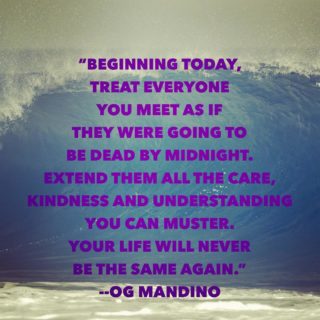
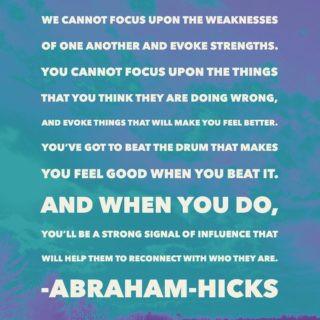






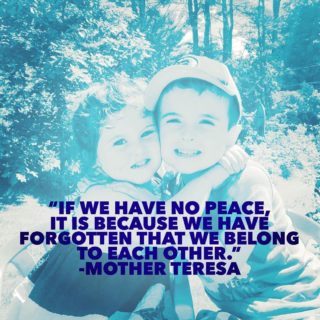
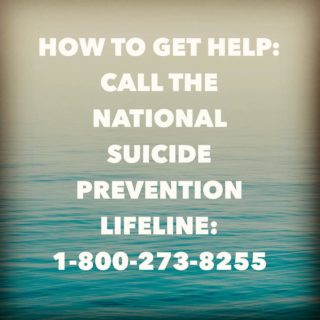
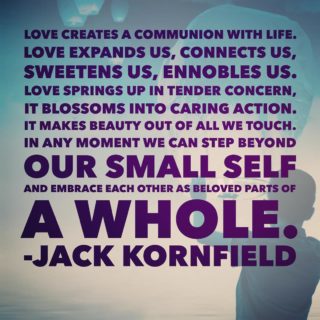





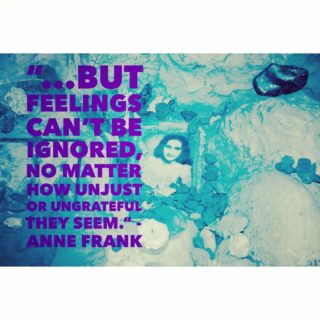
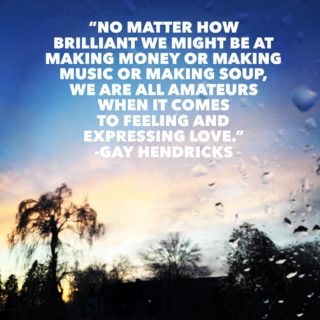

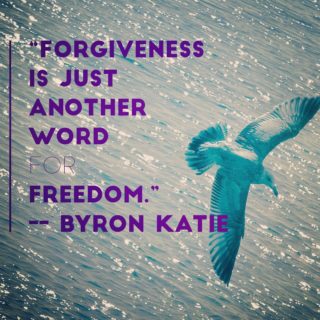






Leave a Reply